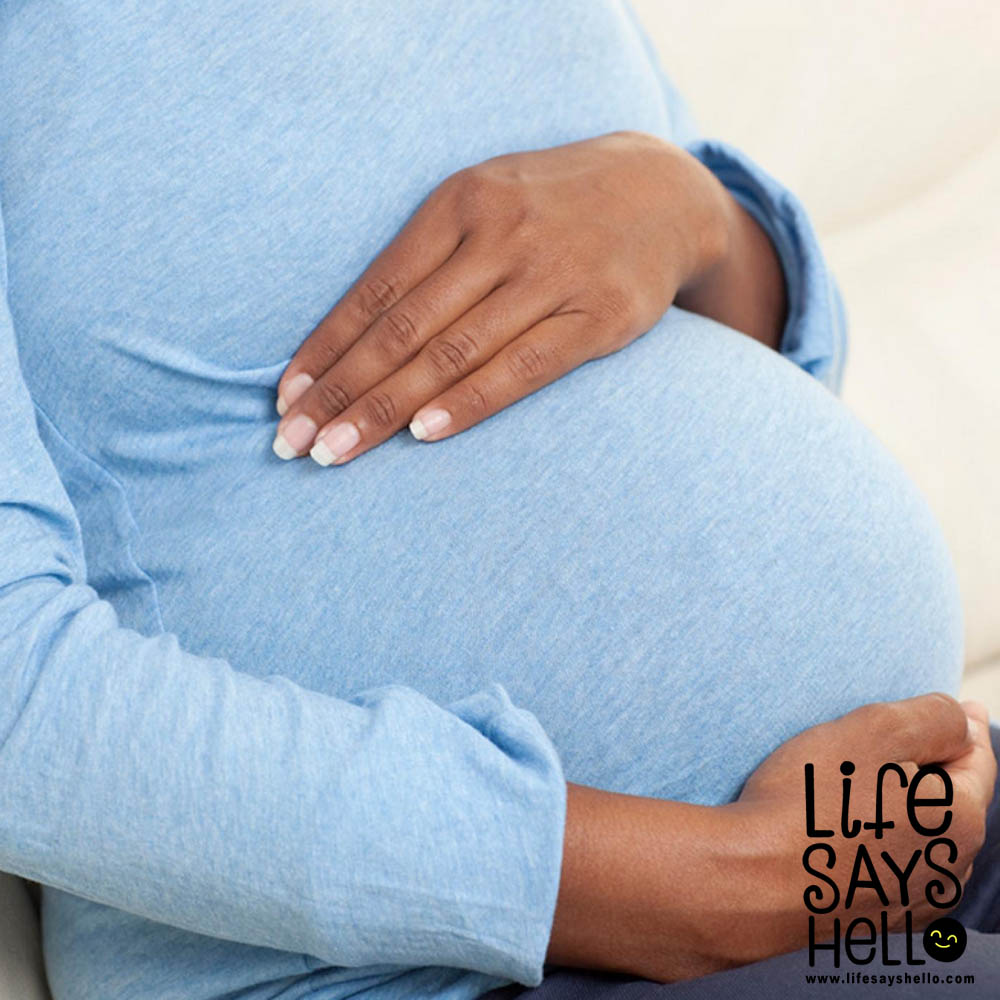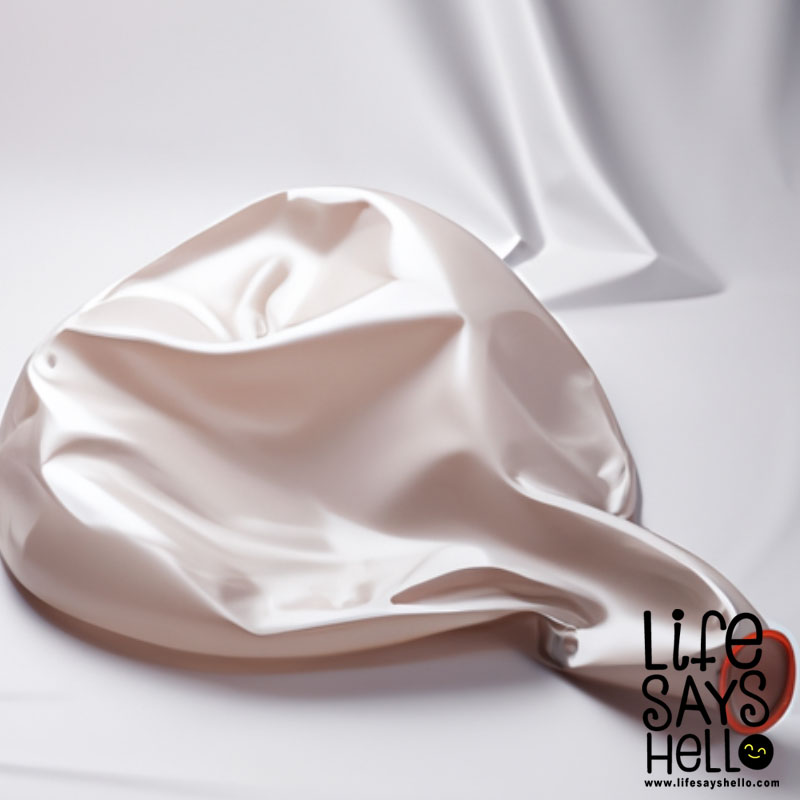Does Working Out Help with Anxiety? Discover the Mind-Body Connection and Improve Your Mental Health

Are you struggling with anxiety and looking for ways to cope? You're not alone. In our fast-paced, modern world, anxiety is becoming increasingly common. One possible solution that's gaining attention is the power of exercise. In this article, we'll delve into the mind-body connection and explore how working out can help alleviate anxiety.
Introduction
Anxiety is a normal part of life, but for some, it can become overwhelming and debilitating. With the hustle and bustle of our daily lives, it's no wonder that anxiety is on the rise. If you're one of the millions of people searching for a natural and effective way to manage anxiety, exercise might be the answer. In this article, we'll discuss the science behind exercise's anxiety-reducing effects, the types of workouts that can help, and tips for incorporating exercise into your daily routine.
Understanding Anxiety
Before diving into the relationship between exercise and anxiety, it's essential to understand what anxiety is and how it affects our lives. Anxiety is a natural response to stress that can manifest in various ways, including feelings of fear, unease, and worry. While it's normal to experience anxiety from time to time, it becomes a concern when it starts to interfere with daily activities or relationships.
There are several types of anxiety disorders, including generalized anxiety disorder (GAD), panic disorder, social anxiety disorder, and specific phobias. Regardless of the type, anxiety can significantly impact one's quality of life, making it crucial to find effective coping strategies.
The Science Behind Exercise and Anxiety
Exercise has long been known for its physical health benefits, but research has also shown that it can have a significant impact on mental health, including anxiety. So, how does exercise help alleviate anxiety? Let's break down the science behind it.
The Physiological Effects of Exercise
When we exercise, our body undergoes several physiological changes that can help reduce anxiety. These changes include increased blood flow, reduced inflammation, and improved brain function. Exercise also stimulates the production of endorphins, which are natural painkillers and mood elevators that contribute to the "runner's high" many people experience after a workout.
The Role of Neurotransmitters
Exercise also helps regulate the levels of certain neurotransmitters in the brain, such as serotonin and norepinephrine. These chemicals play a crucial role in mood regulation and can help alleviate anxiety when properly balanced. Research has shown that regular exercise can increase serotonin levels, which is particularly beneficial for those with anxiety disorders.
Research Studies Supporting the Connection
Numerous studies have explored the relationship between exercise and anxiety, and the results are promising. For example, a 2013 study published in the journal Frontiers in Psychiatry found that exercise could significantly reduce anxiety symptoms in people with GAD. Another study from the American Journal of Preventive Medicine found that even low-intensity exercise, like walking, could help reduce anxiety levels.
Types of Exercise for Anxiety Relief
While any form of exercise can be beneficial for anxiety relief, some types might be particularly helpful. Here are a few options to consider:
Aerobic Exercise
Aerobic exercises, such as running, swimming, and cycling, have been shown to be especially effective in reducing anxiety. These activities increase heart rate, improve cardiovascular health, and release mood-boosting endorphins. Plus, the repetitive nature of aerobic exercise can create a meditative effect, helping to calm the mind.
Yoga and Mind-Body Practices
Yoga, tai chi, and other mind-body practices can also help alleviate anxiety. These activities focus on the connection between the body and the mind, promoting relaxation and mindfulness. By combining physical movement with deep breathing and meditation, these practices can help you feel more grounded and centered, reducing anxiety symptoms.
Finding Your Ideal Exercise Routine
The key to using exercise as a tool for anxiety relief is finding an activity you enjoy and can sustain long term. Experiment with different types of exercise to find what works best for you, and remember that consistency is more important than intensity. Even a short daily walk can make a significant difference in your anxiety levels.
Incorporating Exercise into Daily Life
Now that you understand the benefits of exercise for anxiety relief, how can you incorporate it into your daily routine? Here are some tips to help you get started:
Start Small and Set Realistic Goals
If you're new to exercise or haven't been active in a while, it's important to start small and set realistic goals. Begin with just a few minutes of activity per day, gradually increasing the duration and intensity as you become more comfortable. Remember, even a small amount of exercise can have a positive impact on your anxiety levels.
Find Your Motivation
Identify what motivates you to exercise, whether it's the desire to improve your mental health, increase your energy levels, or simply enjoy some alone time. Keep your motivation in mind as you work towards making exercise a habit.
Make Exercise a Priority
Schedule your workouts just like you would any other important appointment. Treat exercise as a non-negotiable part of your daily routine, and you'll be more likely to stick with it.
Additional Strategies for Managing Anxiety
While exercise can be an effective tool for managing anxiety, it's essential to remember that it's just one piece of the puzzle. Other strategies, such as therapy, medication, and mindfulness practices, can also play a crucial role in managing anxiety. It's important to explore a variety of coping techniques to find what works best for you.
Conclusion
The mind-body connection is a powerful tool in managing anxiety, and exercise is a key component of that connection. By incorporating regular physical activity into your daily routine, you can help alleviate anxiety symptoms and improve your overall mental health. So, lace up your sneakers, unroll your yoga mat, or hop on your bike – your mind and body will thank you for it.




Comments